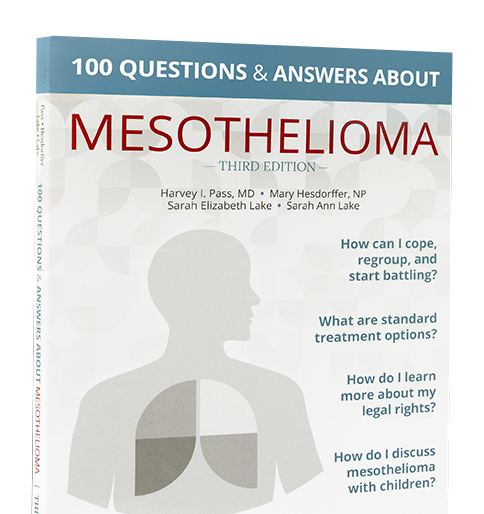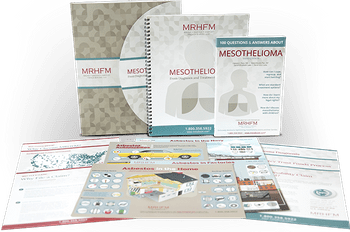The U.S. Food and Drug Administration (FDA) has granted accelerated approval for a drug for patients with metastatic non-small cell lung cancer (NSCLC) and alterations in the anaplastic lymphoma kinase (ALK) gene whose cancer has progressed during their initial therapy. The drug (brigatinib), which was previously granted both Breakthrough Therapy Designation and Orphan Drug Designation by the FDA, is an inhibitor of receptor tyrosine kinases ALK and the epidermal growth factor receptor (EGFR) with potential antineoplastic activity.
Formerly known as AP26113 and marketed as Alunbrig, brigatinib binds to and inhibits ALK kinase and ALK fusion proteins as well as EGFR and mutant forms. This leads to the inhibition of ALK kinase and EGFR kinase, disrupts their signaling pathways, and eventually inhibits tumor cell growth in susceptible tumor cells. In addition, brigatinib appears to overcome mutation-based resistance.
In a phase 2 clinical trial known as ALTA, “222 patients with NSCLC whose tumors had progressed while receiving crizotinib were randomly assigned to treatment with one of two doses of brigatinib (90 or 180 milligrams daily).” Results showed tumor shrinkage in roughly half of participants. The median duration of this tumor response was approximately 14 months.
Approval of brigatinib was based on these results.
The FDA requires additional studies to confirm clinical benefits such as overall survival and improved quality of life. But now, brigatinib is available to NSCLC patients. A phase 3 clinical trial is already underway, however, and researchers anticipate that it will confirm all observed clinical benefits. Once this happens, brigatinib will be granted traditional approval by the FDA.
Lung cancer and mesothelioma patients often receive similar treatment protocols, so when a lung cancer drug receives FDA approval, mesothelioma researchers stand up and take notice. With traditional approval for brigatinib for NSCLC patients on the horizon, approval for the treatment of mesothelioma may be close behind.
If you have been diagnosed with mesothelioma, talk to your doctor about groundbreaking treatments such as brigatinib. Additional clinical trials for treatments such as these could be developing, currently recruiting, or already in progress.
Sources
"Approved Drugs - Brigatinib." U.S. Food and Drug Administration (FDA). Center for Drug Evaluation and Research, 28 Apr. 2017. Web. 07 Aug. 2017.
"FDA Grants Accelerated Approval to Brigatinib and Breakthrough Therapy Designation to Lorlatinib." ESMO. European Society for Medical Oncology (ESMO), 02 May 2017. Web. 07 Aug. 2017.
Nair, Abhi, and Sanjeeve Bala, prods. "Two Approvals for ALK-positive Non-small Cell Lung Cancer." Drug Information Soundcast in Clinical Oncology (D.I.S.C.O.). FDA D.I.S.C.O. FDA’s Oncology Center of Excellence, Silver Spring, Maryland, 25 July 2017. U.S. Food & Drug Administration (FDA), Drug Information Soundcast in Clinical Oncology (D.I.S.C.O.). Web. 07 Aug. 2017. Transcript.
"NCI Drug Dictionary - Brigatinib." National Cancer Institute (NCI). U.S. Department of Health and Human Services (HHS), National Institutes of Health (NIH), 2017. Web. 07 Aug. 2017.
Staudt, M.D., Ph.D., Louis. "Brigatinib Approved by FDA for Lung Cancer." National Cancer Institute (NCI). U.S. Department of Health and Human Services (HHS), National Institutes of Health (NIH), 19 May 2017. Web. 07 Aug. 2017.






